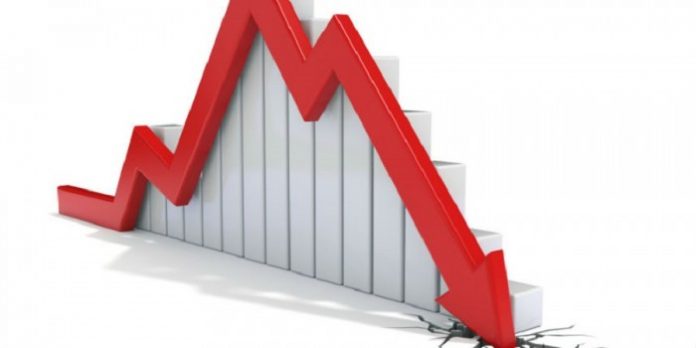Ghana’s annual inflation eased the fourth consecutive month, to 21.2 percent in April, 1.2 percentage points lower than the 22.4 percent recorded a month earlier, according to the Ghana Statistical Service (GSS) on Wednesday.
“The slower rate of inflation in April was due to declining food and non-food inflation, coupled with the base-drift effect,” said Alhassan Iddrisu, the new government statistician at the GSS, during the regular monthly briefing.
Compared to March, food inflation declined 1.5 percentage points to 25 percent in April, while non-food inflation decreased 0.8 percentage points to 17.9 percent, Iddrisu added.
Amid these price developments, inflation for locally produced and imported items stood at 22.7 percent and 17.7 percent, respectively, compared to 24 percent and 18.7 percent the previous month, the statistician said.
During its recent meeting in March, the monetary policy committee of the central bank increased its benchmark policy rate by 100 basis points to 28 percent to combat inflation.
Ghana embarked on a new economic reform program in May 2023, backed by a 3-billion-dollar loan from the International Monetary Fund, to deal with prevailing economic challenges, accentuated by rising inflation, spiraling public debt, exchange rate volatility, and high cost of living.
The country currently awaits the additional disbursement of 370 million U.S. dollars from the International Monetary Fund to support the implementation of the reforms.

